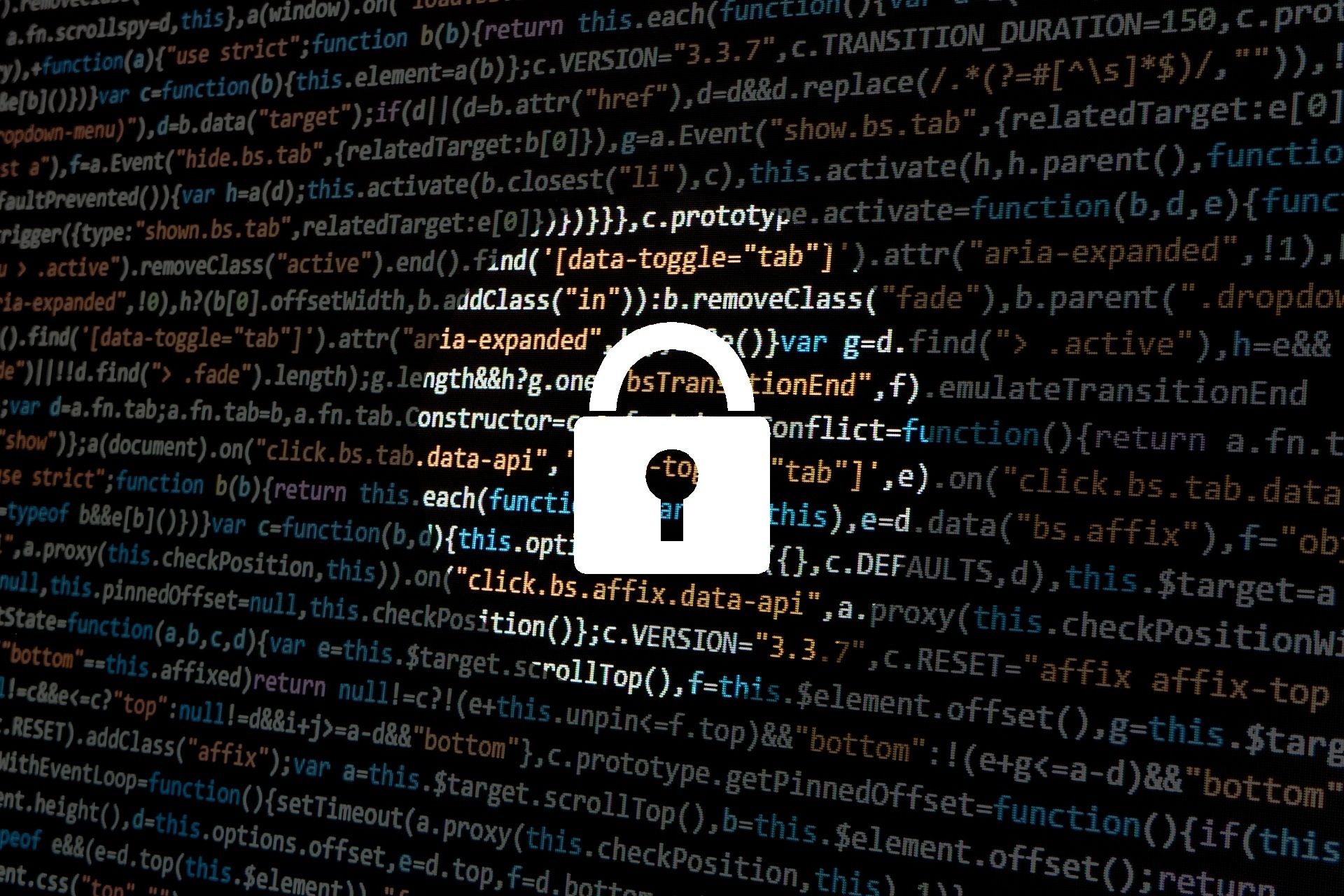Data privacy is a commodity in high demand yet very tricky to acquire. Current centralized and siloed systems make achieving this goal nigh impossible. Blockchain technology will change that situation, thanks to innovative projects and developments.
Data Protection Is Necessary
Everyone who uses the internet in some capacity will deal with data protection issues. Unfortunately, companies and service providers leverage business models designed to harvest as much user information as possible. Companies like Google, Meta, and others make big money from this information, even if users are unaware of the current situation. Unfortunately, there are very few alternative options for users looking to protect their data today.
The demand for data protection has never been as outspoken as it is today. As a result, privacy laws globally are being amended to give users more control over their information. Moreover, regulators want to help businesses understand the need for data privacy and offer the necessary tools to make it happen. Proper protection will help reduce some pressing issues in the online landscape, including data breaches, phishing, and other malicious acts.
Unfortunately, this is not a change that will occur overnight. Corporate data protection often leaves much to be desired. Various companies engage in unethical data processing, even when it complies with current laws and regulations. In other cases, the data processing is anything but compliant, yet putting an end to it is not straightforward. The first matter can be resolved, although that often happens after the fact.
Finding a proper solution will require adopting new technologies. Less reliance on human-based data processing will always be beneficial. Humans are prone to error and bias, paving the way for autonomous technologies to impact positively. Artificial Intelligence is one option to explore, but one shouldn’t overlook blockchain technology. Although blockchains are transparent, the core technology introduces data protection opportunities.
Blockchain And Keeping Data Safe
There are numerous benefits to using blockchain technology for data protection. The initial distributed ledgers may have left much to be desired, although ongoing developments through improvement protocols and Layer-2 solutions enable new opportunities. Sharing and combining data was not possible a decade ago, but today, there are numerous competing ecosystems providing such functionality.
More importantly, blockchain technology is a catalyst for ethical data usage. Personal information can provide value to recipients and incurs severe risks for data owners. Blockchain technology, specifically zero-knowledge technology, is a crucial game-changer. Users can share data by maintaining their own privacy and allowing recipients to access information using a transparent distributed ledger.
One project leveraging the potential of zero-knowledge technology is Profila. The Swiss startup focuses on zero-knowledge advertising where people and brands can thrive. Data protection is guaranteed, and users sharing data with brands over the Cardano blockchain will receive compensation. In addition, brands will pay money for this information as it is accurate and actionable information to help users achieve a personalized experience.
The use of blockchain technology and zero-knowledge features elevates customer engagement and digital marketing to a new level. Consumers gain control over personal data and can access compensation by haring with brands they are comfortable with. Moreover, profila ensures consumer-controlled ad delivery, with users receiving 50% or more of the ad spending by brands. It is a win-win situation where transparency and decentralization take center stage.
Incentivizing Information Sharing
Internet users have become very aware of how third parties collect and potentially abuse their information. Convincing those users to willingly share details – in exchange for compensation or otherwise – may be tricky. The day of giving up information to access free services is over, and power will shift to the user once again. There need to be better incentives to get users to share their information.
Similar to other technological innovations, gaining mass adoption is essential. If a friend or relative trusts a platform like Profila, users will feel more inclined to try it. In addition, social media has made people very willing to share information with the same group of companies, even if that wasn’t the best decision in hindsight. Breaking bad habits will prove crucial, and privacy policies will no longer be sufficient.
A transparent approach to how users control their information and what they can use it for may be the most potent incentive of them all. Empowering users is essential on the advent of Web3. Blockchain technology has the potential to make that happen sooner than most people may realize.
Photo by madartzgraphics on Pixabay
This is a Contributor Post. Opinions expressed here are opinions of the Contributor. Influencive does not endorse or review brands mentioned; does not and cannot investigate relationships with brands, products, and people mentioned and is up to the Contributor to disclose. Contributors, amongst other accounts and articles may be professional fee-based.

